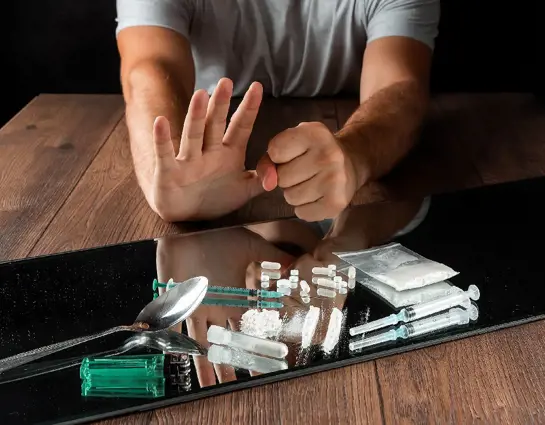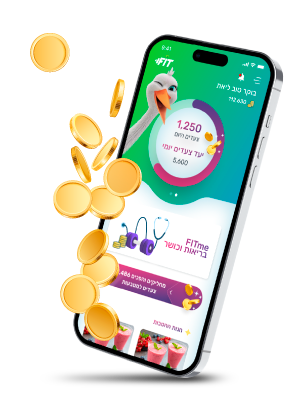
Can Addiction Be Prevented?
Since addiction develops gradually, early intervention can prevent it from worsening.
- Controlled use: Follow medical prescriptions carefully, avoiding misuse or deviation from recommended dosages.
- Recognize patterns: Pay attention to repetitive behaviors that disrupt your routine. If you feel a behavior is controlling you, seek professional help.
- Emotional support: Avoid relying on addictive substances as a coping mechanism for stress or emotional difficulties. Seek support from friends, family, or professionals.







